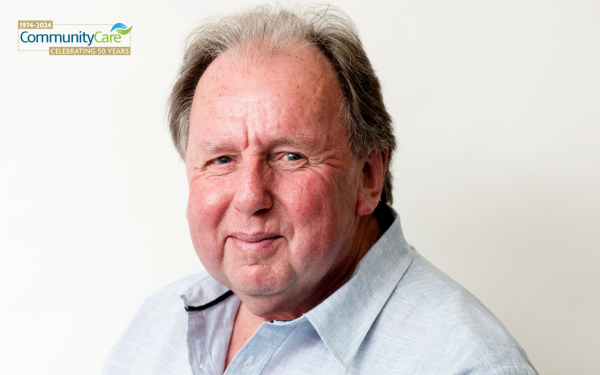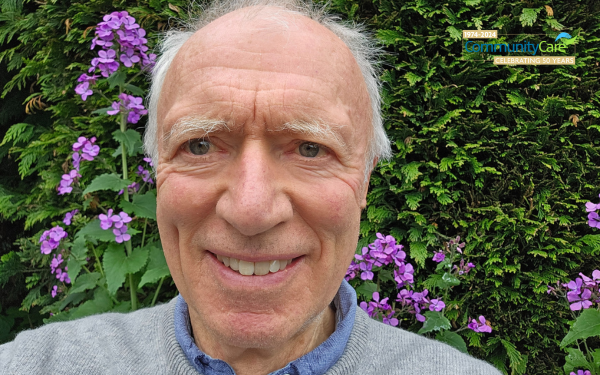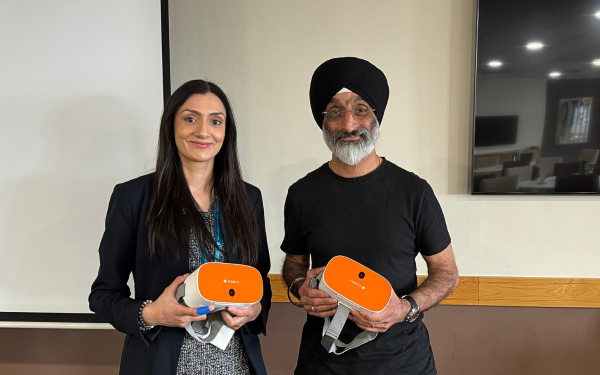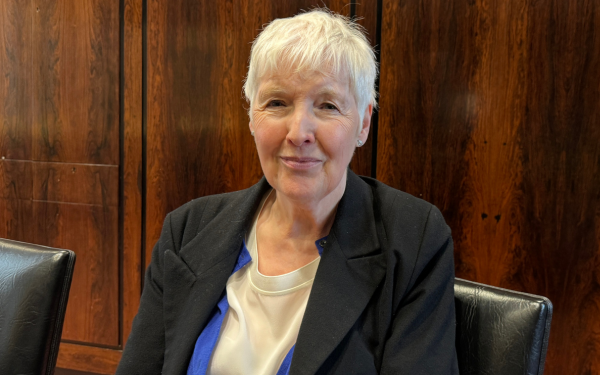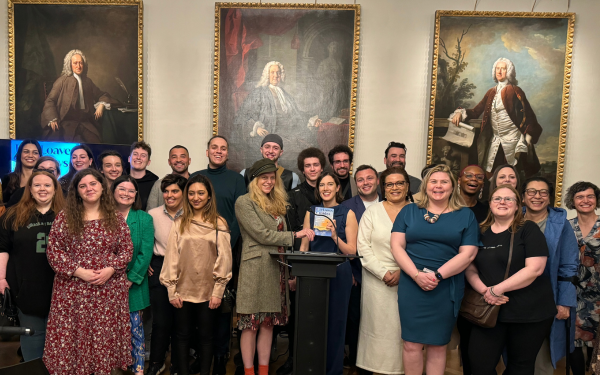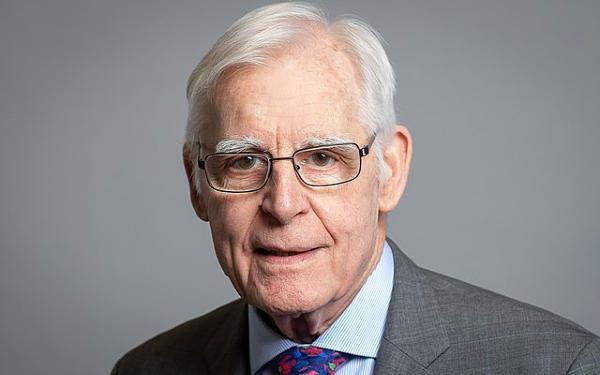
DfE agency rules will have no impact on locum use, say social workers
The rules, which will start to take effect at the end of this month, aim “to reduce the overreliance on and costs of agency child and family social workers” for English councils, says the Department for Education (DfE).
They will require authorities to agree regional pay caps for locums’ hourly rates and refrain from hiring early career practitioners, or staff who have recently left permanent roles in the same region, as agency workers.
However, most social workers (78%) believe the rules will h...
They will require authorities to agree regional pay caps for locums’ hourly rates and refrain from hiring early career practitioners, or staff who have recently left permanent roles in the same region, as agency workers.
However, most social workers (78%) believe the rules will h...



